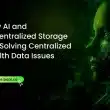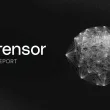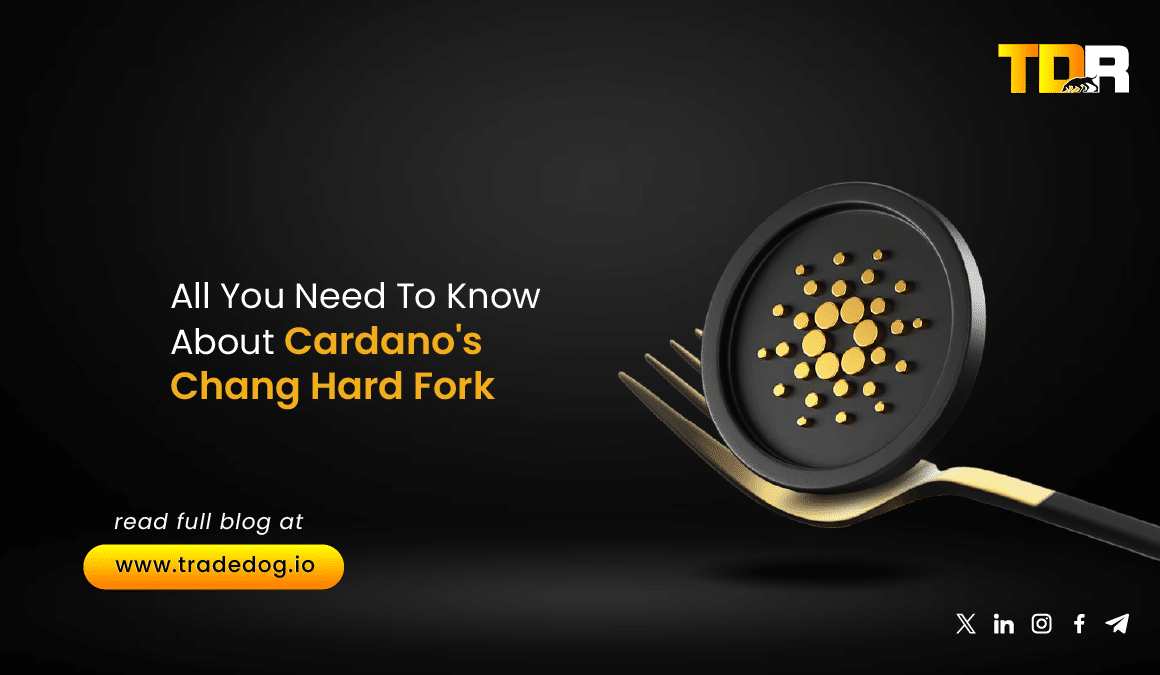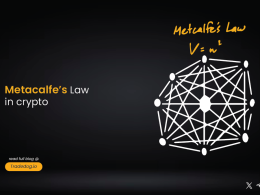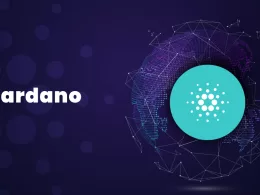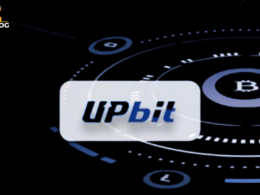Quick Links
Cardano, renowned for its innovative approach to scalability and security, is ready for a significant transformation with the upcoming Chang hard fork which is a part of the Voltaire era and in this blog we will explore the same.
Cardano Vasil Hard Fork
In September 2022, Cardano underwent a successful hard fork known as Vasil. This upgrade marked a significant milestone in Cardano’s journey towards enhanced scalability and smart contract functionality. Vasil introduced several key features, including:
- Plutus Script Improvements: These enhancements expanded the capabilities of Cardano’s smart contract language, Plutus, making it more powerful and flexible for developers to create complex decentralized applications (dApps).
- Increased Block Size: Vasil increased the maximum block size on the Cardano network, allowing it to process more transactions per second and improve overall network throughput.
- Input Endorsers: This feature optimized the way smart contracts handle user input, leading to faster and more efficient smart contract execution.
The Vasil hard fork served as a crucial stepping stone for Cardano, laying the groundwork for the upcoming Chang hard fork and its focus on decentralized governance.
The Chang Fork Upgrade
Scheduled for Q2 2024, the Chang hard fork is the first major upgrade within the Voltaire era of Cardano’s roadmap. It signifies a paradigm shift for the network, transitioning Cardano from a centrally governed platform to a community-driven one.
The Chang hard fork brings multiple essential upgrades to Cardano. The network’s infrastructure will receive an overhaul to handle more transactions efficiently, leading to faster transaction speeds. Security measures are also being tightened to shield the network from potential attacks. While these improvements are foundational, the true transformative power of the Chang hard fork lies in its revolutionary governance features.
Community-Driven Governance
One of the most significant aspects of the Chang Hard Fork is the introduction of community-driven governance to the Cardano network. This marks a significant departure from traditional centralized governance models, enabling on-chain community consensus and empowering ADA holders to participate in decision-making processes.
The Role of Ouroboros Leios
In addition to the Chang Hard Fork, Cardano is introducing the Ouroboros Leios protocol, a new iteration of its proof-of-stake consensus mechanism designed to increase throughput and transaction speed while maintaining decentralization.
Node 9.0
The release of Node 9.0 is a critical step in implementing the Chang Hard Fork. This new version of the Cardano validator node software supports crossing the Chang hard fork boundary on the mainnet and long-running testnets. For the hard fork to occur, 70% of nodes will need to vote to upgrade to the new software, ensuring a smooth and coordinated transition to the new protocol version.
Phases of the Chang Hard Fork
The Chang Hard Fork will kick off the transition to community-driven governance, allowing for the bootstrapping of Cardano governance throughout 2024. There will be three main stages:
- Delegate Representatives (DReps): DReps will represent ADA holders, allowing for a more efficient and scalable governance process.
- Constitution Convention: Governance representatives will draft the first version of the Cardano Constitution, guiding community-led governance.
- The Vote: The Cardano community will vote on whether to ratify the first draft of the Cardano Constitution, establishing decentralized governance processes and mechanisms.
Delegate Representatives (DReps)
As part of the transition enabled by the Chang Hard Fork, Delegate Representatives (DReps) will play a crucial role in Cardano’s governance. DReps will act as key stakeholders, representing the community’s interests and shaping the network’s future direction. ADA holders can delegate their voting power to DReps, who will then participate in governance decisions on their behalf. This system allows for a more democratic and inclusive governance process, where the community’s voice is heard and considered.
Constitution Convention
The Constitution Convention is an event where stakeholders from across the Cardano community will come together to draft a constitution for the network. This constitution will serve as a guiding framework for governance decisions and community interactions on the Cardano platform. The drafting process will involve input from various community members, ensuring that the constitution reflects the diverse perspectives and values of the Cardano ecosystem.
Cardano Community Vote
Following the constitution drafting process, the Cardano community will have the opportunity to vote on the first draft of the Cardano Constitution. By involving the community in this critical decision, Cardano aims to create a governance framework that is transparent, inclusive, and reflective of its users’ collective vision.
Stake Pool Operators
Stake pool operators (SPOs) are fundamental to the Cardano ecosystem, responsible for processing transactions and creating new blocks. The Chang Hard Fork will bring several changes and improvements to how stake pools operate:
- Enhanced Rewards System: A more refined rewards system for SPOs to incentivize high performance and reliability.
- Improved Node Software: With Node 9.0, SPOs will benefit from improved software supporting the transition through the Chang Hard Fork.
- Decentralized Governance Participation: SPOs will have a significant role in the decentralized governance model, participating in voting and decision-making processes.
- Security and Resilience Enhancements: Enhanced security measures will make the network more resilient against potential attacks, directly benefiting SPOs.
Conclusion
The Chang Hard Fork is not just an upgrade; it is a step towards a more dynamic and inclusive blockchain era. The Chang Hard Fork and the comprehensive upgrade roadmap for 2024 signify major advancements for Cardano. As the network evolves, it embraces a more democratic governance model while enhancing its technological capabilities. The shift towards community-driven decision-making and improved network efficiency promises a more resilient and inclusive blockchain ecosystem.

